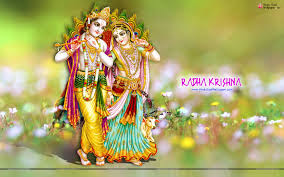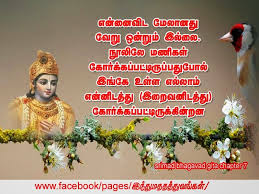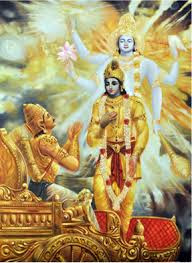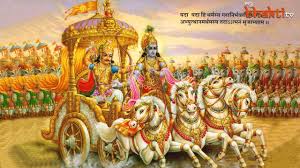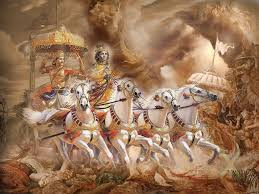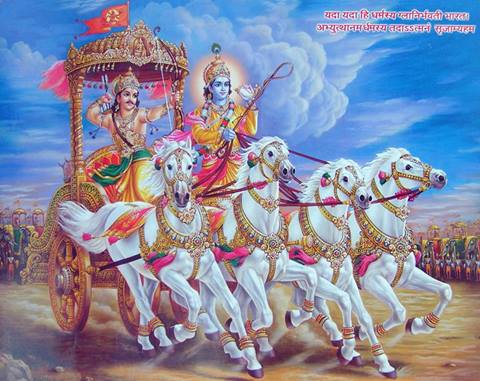The Spiritual Import of the Mahabharata and the Bhagavadgita : Ch-11. Part-10.

Chapter 11: God Present Within Us : Part-10. Such is the profundity of meaning that is hidden in these simple terms that we generally pass by them when we study or read the Bhagavadgita. Te brahma tad viduh krtsnam : Brahman, or the Absolute, has to be understood in its entirety, not in its partiality. Krtsna is completeness; integrality is krisattva. So the Absolute or Brahman has to be comprehended in its integrality, totality, unity, in its blendedness and completeness—not merely in transcendence, but also in immanence and inclusiveness of everything. This concept of God is difficult for the simple reason that the thinker also is involved in this thought. The adhyatma is not isolated from the adhibhuta or the adhiyajna or the adhidaiva. The thinker being involved in the very process of the thinking of God, such a thinking becomes difficult, because we are usually accustomed to think of things as externals, outside objects which we have to judge in a particular...

